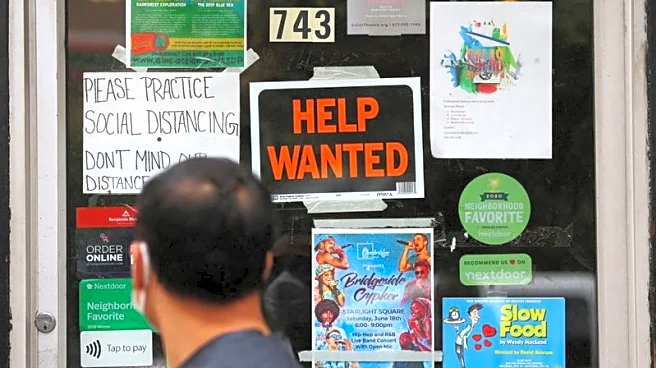What's Happening?
Spotify, founded in 2006, launched in 2008 as a response to music piracy, offering a free service with advertising and a premium subscription. The platform has grown to become the largest streaming service globally, valued at over $23 billion. Despite
its success, Spotify has faced criticism from artists regarding compensation, with notable figures like Taylor Swift publicly speaking out against the platform's payment model.
Why It's Important?
Spotify's valuation reflects its significant impact on the music industry, setting a benchmark for digital streaming services. However, the platform's controversies highlight ongoing challenges related to artist compensation and intellectual property rights. These issues underscore broader industry debates about fair remuneration and the sustainability of streaming models. Spotify's ability to address these concerns will be crucial for maintaining its reputation and industry leadership.
What's Next?
Spotify continues to expand its offerings, focusing on live events and exclusive content to enhance user engagement. The platform's strategic investments in technology and partnerships aim to differentiate it from competitors like Apple Music and Amazon Music. As Spotify navigates artist controversies and competition, its approach to content regulation and compensation will be key to sustaining growth.
Beyond the Headlines
Spotify's controversies highlight ethical and legal dimensions related to digital content distribution and artist rights. The platform's role in shaping industry standards and consumer expectations underscores its influence on cultural consumption patterns and business practices.


















